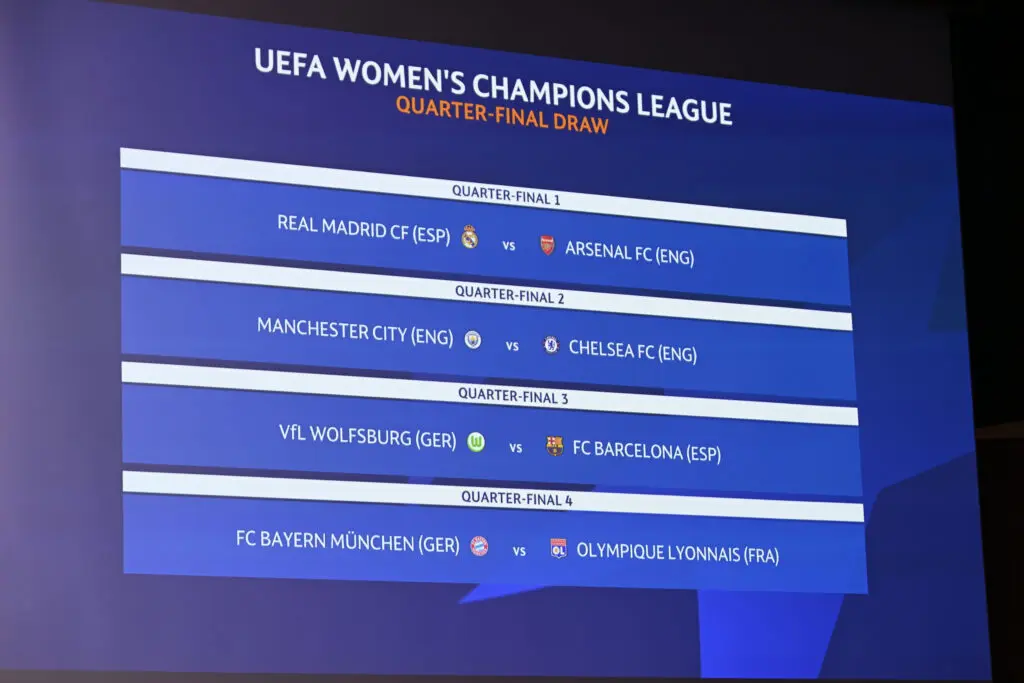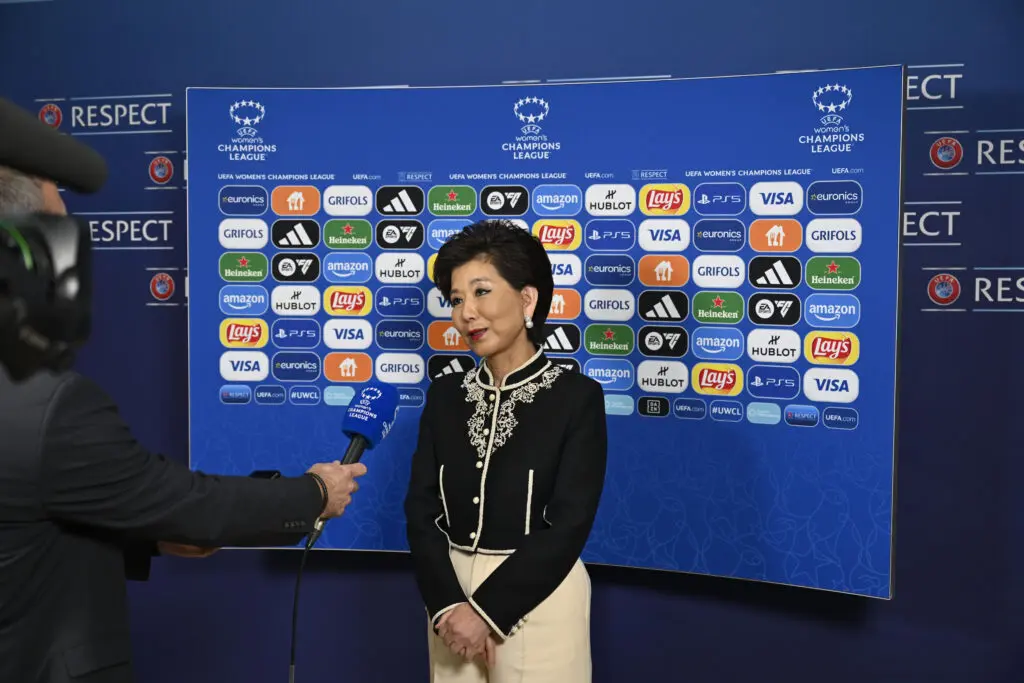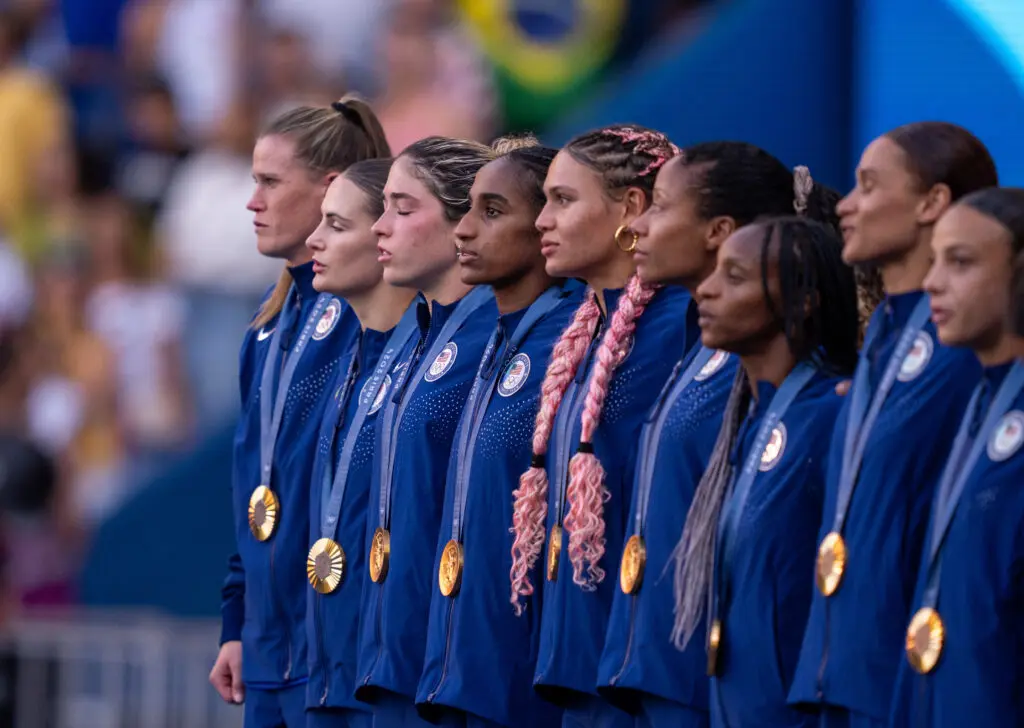The 2024/25 Champions League quarterfinals are officially set, with UEFA drawing the remaining eight teams into the field early Friday morning.
The annual season-long competition pits Europe's top leagues against each other. This season, 72 clubs across 50 different leagues qualified for the contest. From the UK to Ukraine, all teams have been vying for the continent's top-dog status amidst a cutthroat atmosphere and a growing sense of parity in the sport.
Two qualifying rounds narrowed the initial teams down to the 16 contending in the tournament's official group stage. Each played six group-stage matches from October through December to determine the eight clubs that advanced to Friday's final draw.

The road to Champions League glory in Lisbon
All remaining clubs are now eyeing the May 24th final in Lisbon, Portugal, and Friday's draw mapped each team's path to that championship match. The 2024/25 quarterfinals will feature four former champions and four seeking a first-ever trophy, with both familiar fights and rarely tested toss-ups on deck.
Both the March quarterfinals and April semifinals employ a two-leg format, offering teams who suffer narrow first losses a shot at second-match redemption.
Friday's draw determined that WSL contenders Arsenal will kick off the tournament's quarterfinals against Real Madrid on March 18th, with Germany's Bayern Munich taking on France's 2024 UWCL runners-up Olympique Lyonnais shortly afterwards.
The following day, Bayern's Frauen-Bundesliga foes Wolfsburg will face Spain's 2024 UWCL champs FC Barcelona. Closing out the initial tilts is a WSL standoff between Manchester City and the UK league's undefeated titans Chelsea FC.

Increased global parity to test UWCL dynasties
With eight of the tournament's 23 titles under their belts, Lyon is the winningest team in UWCL history. Meanwhile, current back-to-back champions Barcelona claimed three of the last four trophies.
Despite the recent two-team domination, capturing this season's title will be a challenge. Hoping to spoil Lyon's and Barcelona's dynastic runs is four first-time title-hunters, plus two-time winners Wolfsburg and early champion Arsenal — who won the trophy in 2007, when the tournament was called the UEFA Women's Cup.
All in all, the European crown has never been tougher to claim, with leagues across the continent increasingly stocking up on standout — and potentially game-changing — players from beyond their borders.









